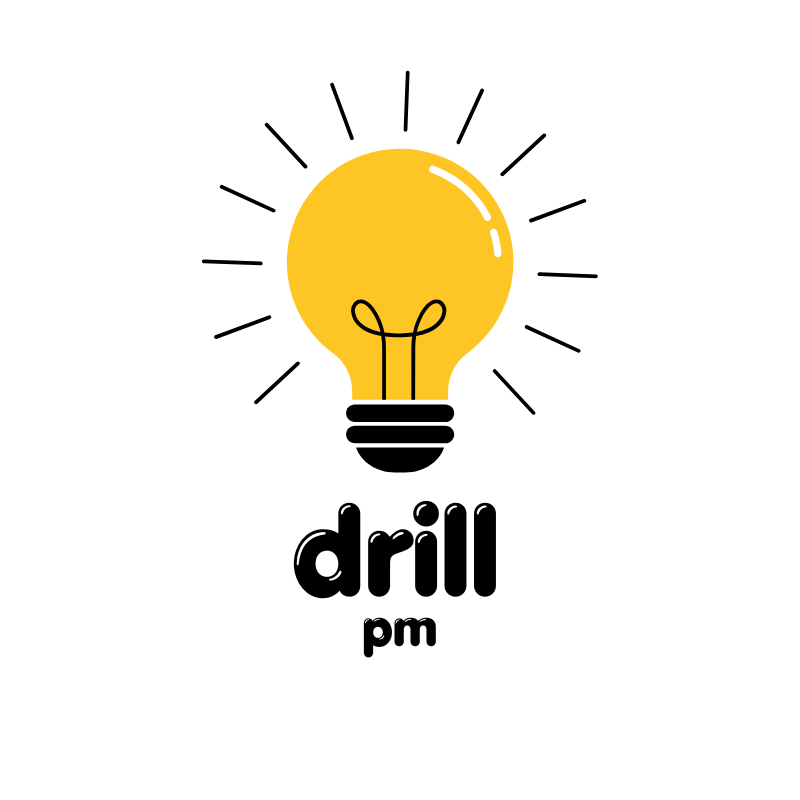Anúncios
L’Italia offre corsi online gratuiti per sostenere l’istruzione, lo sviluppo delle competenze e l’inclusione. Questi programmi sono aperti ai residenti, agli immigrati e agli studenti internazionali. Scopri di più!
TRASFORMA LA TUA VITA CON CORSI PROFESSIONALI GRATUITI!
GUARDA L’ELENCO DEI CORSI GRATUITI →Che tu voglia acquisire nuove qualifiche, migliorare il tuo italiano o esplorare contenuti di livello universitario, l’Italia mette a disposizione diverse piattaforme che rendono l’apprendimento accessibile e gratuito. Molte di queste opportunità sono sostenute da iniziative governative o da università di prestigio, offrendo non solo formazione, ma anche un percorso verso l’occupazione o la crescita personale.
Questo articolo presenta le principali tipologie di corsi online gratuiti disponibili oggi in Italia, evidenziandone il valore, la varietità e l’accessibilità. È il punto di partenza ideale per chi desidera capire cosa offre l’Italia prima di approfondire le singole piattaforme o le modalità di iscrizione.
Perché l’Italia investe nell’istruzione online gratuita
L’istruzione gratuita è una strategia fondamentale nell’impegno dell’Italia per migliorare le competenze della forza lavoro, sostenere l’apprendimento permanente e promuovere l’inclusione digitale. Seguendo le linee guida dell’Unione Europea e le politiche nazionali per l’occupazione, l’Italia ha ampliato le proprie iniziative di formazione online, soprattutto dopo che la pandemia di COVID-19 ha accelerato la necessità dell’istruzione a distanza.
Questo cambiamento ha favorito un pubblico molto ampio, tra cui giovani fuori dal sistema scolastico, adulti disoccupati, immigrati inseriti in programmi di integrazione e anche professionisti che necessitano di certificazioni. Grazie a piattaforme dedicate sia alla formazione accademica sia a quella professionale, l’Italia è oggi tra i Paesi con uno degli ecosistemi di apprendimento gratuito più diversificati d’Europa.
Chi beneficia maggiormente dei corsi online gratuiti in Italia
Uno degli aspetti più rilevanti dell’offerta italiana di corsi gratuiti è la varietà dei destinatari. Questi programmi non sono pensati solo per studenti universitari, ma supportano anche:
- Giovani (in particolare i NEET: Not in Education, Employment or Training)
- Persone in cerca di lavoro e professionisti che vogliono riqualificarsi
- Immigrati e rifugiati che si stanno integrando nel sistema italiano
- Famiglie a basso reddito che non possono permettersi un’istruzione privata
- Studenti internazionali interessati alla lingua o alla cultura italiana
Molti corsi sono erogati in italiano, anche se alcuni offrono contenuti o sottotitoli in inglese per raggiungere un pubblico più ampio.
Quali tipi di corsi gratuiti sono disponibili
I corsi gratuiti offerti in Italia spaziano da livelli introduttivi a livelli avanzati. Tra le categorie più comuni troviamo:
- MOOC (Massive Open Online Courses) delle università
- Corsi di lingua, in particolare italiano per stranieri
- Formazione professionale e tecnica, spesso finanziata da enti pubblici
- Programmi di preparazione al lavoro e soft skills (comunicazione, lavoro di squadra, redazione del CV)
- Competenze tecniche, inclusi informatica, analisi dei dati e strumenti digitali
- Educazione culturale e patrimoniale, focalizzata su arte, storia e società italiana
Questi corsi variano per durata e struttura. Alcuni sono a ritmo libero, altri prevedono calendari fissi e molti rilasciano attestati di partecipazione o completamento.
Come vengono erogati e come accedere ai corsi gratuiti
La maggior parte dei corsi viene erogata tramite piattaforme digitali, sviluppate da università italiane, programmi pubblici o fornitori terzi. Tra gli esempi figurano consorzi universitari, portali regionali e iniziative nazionali come Garanzia Giovani.
I formati più comuni includono:
- Videolezioni (registrate o in diretta)
- Materiali scaricabili in PDF e slide
- Quiz ed esercizi interattivi
- Forum o chat per l’apprendimento collaborativo
- Test finali per la certificazione
Per accedere a un corso, in genere è sufficiente registrarsi online con un indirizzo email. Alcuni programmi richiedono verifiche aggiuntive, soprattutto quelli collegati al supporto all’occupazione o offerti da istituzioni pubbliche.
Il valore dei certificati e il loro riconoscimento
Sebbene non tutti i corsi gratuiti in Italia rilascino diplomi ufficiali, molti forniscono attestati di partecipazione o di completamento, utili per candidature di lavoro o percorsi di studio successivi.
Alcune piattaforme, in particolare quelle collegate alle università, offrono corsi allineati agli standard accademici o consentono di ottenere crediti che potrebbero essere riconosciuti in programmi formali.
In ambito professionale, soprattutto durante colloqui di lavoro o valutazioni da parte dei centri per l’impiego, certificati provenienti da piattaforme come Forma.Temp, EduOpen o Federica Web Learning possono dimostrare impegno, acquisizione di competenze e iniziativa personale.
Sfide da considerare
Nonostante i vantaggi, è importante tenere presenti alcune criticità:
- Barriera linguistica: la maggior parte dei corsi è in italiano, il che può creare difficoltà ai non madrelingua
- Frammentazione delle piattaforme: non esiste un unico portale nazionale; le informazioni sono distribuite su più siti
- Supporto limitato: alcune piattaforme non offrono tutoraggio o mentoring individuale
- Riconoscimento dei certificati: non tutti gli attestati sono ufficialmente accreditati o equivalenti a titoli di studio formali
Tuttavia, con un’adeguata informazione e aspettative realistiche, queste difficoltà possono essere gestite. Scegliere piattaforme con un solido supporto istituzionale è una strategia consigliata.
Conclusione
L’ecosistema italiano di formazione online gratuita è in continua crescita e, con esso, le opportunità di sviluppo personale e professionale diventano sempre più accessibili. Che tu sia un giovane in cerca della prima qualifica, un immigrato che desidera sviluppare nuove competenze o uno studente internazionale curioso della cultura italiana, esiste un corso adatto a te. Il primo passo è semplicemente esplorare ciò che è disponibile — ed è proprio questo che approfondiremo nella prossima sezione di questa guida.
